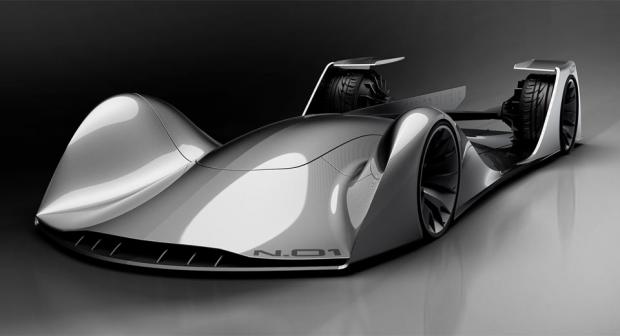
Breaking News
 Aaron Day on Bitcoin and Stable Coins: 'The Creature From Epstein Island'
Aaron Day on Bitcoin and Stable Coins: 'The Creature From Epstein Island'
 Elon Musk: They put like 500 or 600 January 6th protesters in prison, and not one person...
Elon Musk: They put like 500 or 600 January 6th protesters in prison, and not one person...
 Cuba Willing to Talk to US, But Not Under Pressure
Cuba Willing to Talk to US, But Not Under Pressure
Top Tech News
 SpaceX Authorized to Increase High Speed Internet Download Speeds 5X Through 2026
SpaceX Authorized to Increase High Speed Internet Download Speeds 5X Through 2026
 Space AI is the Key to the Technological Singularity
Space AI is the Key to the Technological Singularity
 Velocitor X-1 eVTOL could be beating the traffic in just a year
Velocitor X-1 eVTOL could be beating the traffic in just a year
 Starlink smasher? China claims world's best high-powered microwave weapon
Starlink smasher? China claims world's best high-powered microwave weapon
 Wood scraps turn 'useless' desert sand into concrete
Wood scraps turn 'useless' desert sand into concrete
 Let's Do a Detailed Review of Zorin -- Is This Good for Ex-Windows Users?
Let's Do a Detailed Review of Zorin -- Is This Good for Ex-Windows Users?
 The World's First Sodium-Ion Battery EV Is A Winter Range Monster
The World's First Sodium-Ion Battery EV Is A Winter Range Monster
 China's CATL 5C Battery Breakthrough will Make Most Combustion Engine Vehicles OBSOLETE
China's CATL 5C Battery Breakthrough will Make Most Combustion Engine Vehicles OBSOLETE
 Study Shows Vaporizing E-Waste Makes it Easy to Recover Precious Metals at 13-Times Lower Costs
Study Shows Vaporizing E-Waste Makes it Easy to Recover Precious Metals at 13-Times Lower Costs
Autonomous Race Cars

University teams and companies worldwide are set to compete in the physical Indy Autonomous Challenge (IAC) race in October 2021. The difference in this race is that there's no driver, instead a highly specialized AI computer will navigate the race car around the track.
Each of the teams competing in the race will receive the same Dallara-produced AV-21 race car that has been retrofitted with radar, cameras, ultrasonic and infrared sensors, along with LiDAR. Dallara has produced race cars for the Indy series for the last two decades.
IAC showed off one of the autonomous race cars that are capable of high speeds.
IAC was organized by IMS and Energy Systems Network (ESN), an Indianapolis-based nonprofit. The race seeks to advance the safety and speed of autonomous vehicles.
The winning team will receive $1.5 million. The speedway is the ideal track to showcase autonomous racing for millions of Americans.
"It could wake up the average motorsports fan and the average citizen," Mitchell said during his remarks at the block party. "They'll say, 'Gee, if these cars can go 180 or 200 miles-per-hour without a driver, then maybe [an autonomous] car on the highway is something I can feel comfortable with and safe using."

 Why We'll Win
Why We'll Win
 Smart dust technology...
Smart dust technology...

